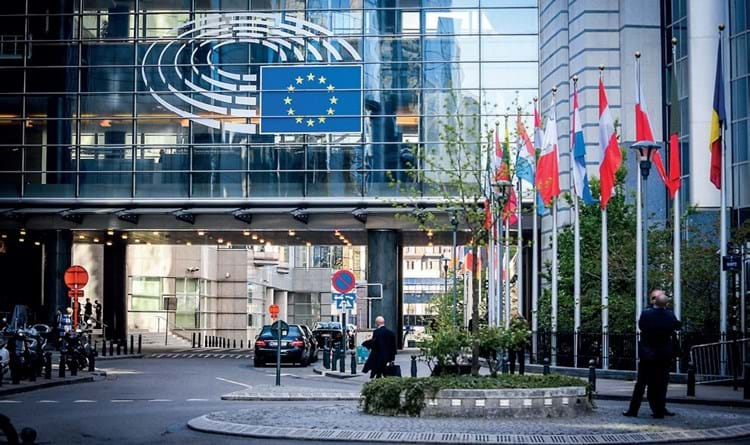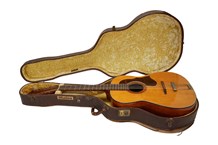
The law will require cultural objects more than 200 years old that originated outside the EU to have identifying documents when imported or exported from the EU (see below).
The proposals, described as “clumsy and ill-thought-out” by trade bodies, have been drawn up to stop illicit trafficking of antiquities into the EU – a perceived source of income for terrorists and organised crime groups.
Trade organisations represented by the British Art Market Federation (BAMF) and The European Art Market Coalition – have been lobbying to change the regulation.
Following their efforts, a key change to the proposed law was made. The law will now apply only to cultural goods that were created outside the EU.
However, although this was welcomed by many in the trade, issues with the proposals remain.
Vincent Geerling, chairman of The International Association of Dealers in Ancient Art (IADAA), said: “Confusion has reigned throughout this clumsy and ill-thought-out process.
“The greatest irony of all is that these measures are being introduced to tackle terrorism financing, yet the EU’s own detailed investigations show that this problem doesn’t exist in Europe.”
Rushed through
Geerling said Daniel Dalton MEP, who is part of the group working on the proposals, had been “hugely supportive and understanding of the needs of the legitimate market” but the proposals were “rushed through for no other reason than to complete the process under the Austrian presidency of the Council of the European Union, before the handover to Romania at the end of the year”.
Traders in small-value items may lack the resources to ensure they are within the law
Dalton told ATG: “We fought as hard as we could to ensure that dealers were not burdened with too much red tape, but I am disappointed that my calls for a minimum-value threshold for antiquities were not heeded by my fellow MEPs.
“I worry that traders in small-value items may lack the resources to ensure they are in line with the law.”
Geerling added: “One of the most extraordinary aspects of what has now been put forward is that it still does not include a clear definition of what it means by cultural property. Sound policy and good law is never made in this way.”
It is expected the import licensing measures will become law in 2020, but may not be fully operational until an electronic system is introduced five years later.
Regulations
The proposed regulation of the import of cultural goods:
■ Items such as archaeological works originating from ‘vulnerable countries’ will require import licences demonstrating legal export from the last country in which they rested for a period of no less than five years.
■ Items over 200 years old and valued above €18,000 will require the holder to issue an importer statement, backed by detailed identifying documents, warranting that the items have been legally exported.














